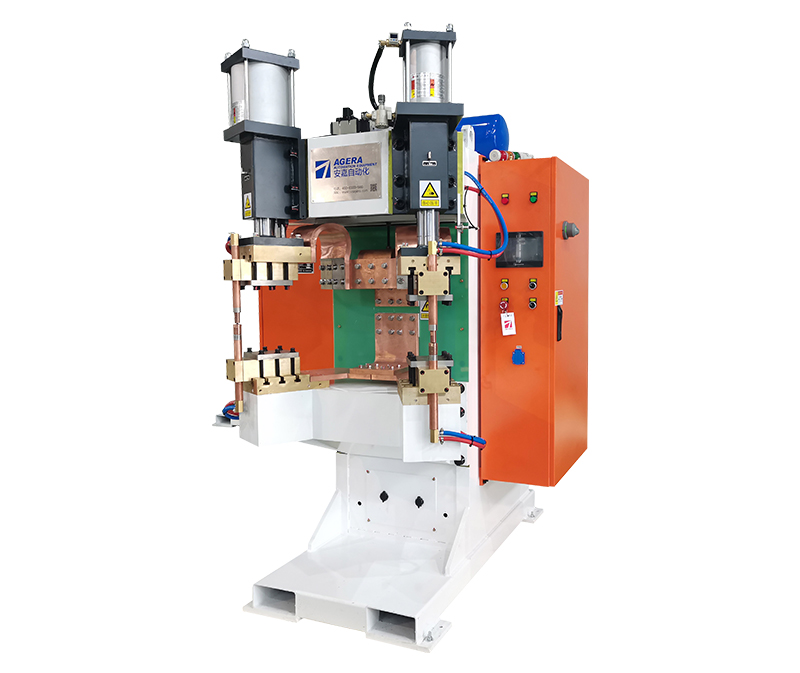Indicators of Weldability in Nut Projection Welding Machines?
Weldability is a critical factor to consider when using nut projection welding machines. It refers to the ease and reliability with which nuts can be welded to workpieces. Several indicators help assess the weldability of nut projection welding machines. This article discusses the key indicators that determine the weldability of such machines.
- Weld Strength: The strength of the weld joint is a crucial indicator of weldability. It measures the integrity and durability of the connection between the nut and the workpiece. The weld strength is typically evaluated through destructive testing methods, such as tensile or shear testing, to ensure the joint can withstand the intended load requirements.
- Weld Consistency: Consistency in weld quality is another important indicator of weldability. It refers to the ability of the nut projection welding machine to consistently produce welds with uniform characteristics. Consistent welds ensure reliable and predictable performance, minimizing the risk of joint failure or inconsistencies in the assembly process.
- Weld Appearance: The visual appearance of the weld is an indicator of its quality and aesthetics. A visually appealing weld demonstrates proper fusion, minimal spatter, and absence of defects such as undercutting or excessive deformation. Aesthetically pleasing welds not only enhance the overall appearance of the assembly but also indicate a well-controlled welding process.
- Weld Efficiency: Weld efficiency measures the effectiveness of the nut projection welding machine in achieving a strong and reliable weld joint while minimizing energy consumption and material waste. High weld efficiency implies that the machine optimally utilizes energy and resources to achieve consistent and robust welds, resulting in cost-effective and environmentally friendly operations.
- Weld Integrity: The integrity of the weld joint is a crucial indicator of weldability. It assesses the structural soundness and resistance to failure under applied loads. A weld with high integrity ensures a secure and durable connection between the nut and the workpiece, providing long-term reliability and performance.
- Weldability of Materials: The ability of the nut projection welding machine to weld a wide range of materials is an important consideration. Weldability varies depending on the material composition, thickness, and surface conditions. A machine that exhibits good weldability across various materials, such as different grades of steel or non-ferrous alloys, offers versatility and compatibility with diverse application requirements.
The weldability of nut projection welding machines is determined by various indicators, including weld strength, weld consistency, weld appearance, weld efficiency, weld integrity, and the ability to weld different materials. Assessing these indicators helps ensure reliable and high-quality welds, resulting in strong and durable connections between nuts and workpieces. Understanding and optimizing these indicators contribute to the overall performance and effectiveness of nut projection welding processes.
